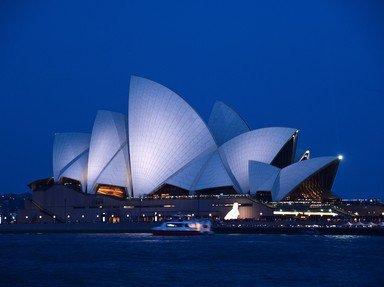Quiz Answer Key and Fun Facts
1. David Campbell's poem "Harry Pearce" has as its subject a form of transport. What type of transport is featured?
2. Which war is being discussed in Bruce Dawe's work "Homecoming"?
3. Indigenous poet Oodgeroo Noonuccal, also known as Kath Walker, wrote several poems dealing with the loss of culture within the Aboriginal community. One is particularly well known, and is often featured in anthologies. What is its title?
4. "Macquarie Harbour" is one of many poems dealing with the convict era of Australian History. Who was its author?
5. Henry Kendall's poem "The Last of his Tribe" also deals with the loss of culture of the Indigenous Australians. This poem was written in the 20th Century.
6. Who was the author of the poem titled "Said Hanrahan"?
7. Dorothea McKellar's famous poem "My Country" speaks of many aspects of Australia. Is Australia featured in the first verse?
8. Adam Lindsay Gordon is the only Australian poet to be honoured by having a statue in Poet's Corner in Westminster Abbey in London. Was Gordon born in Australia?
9. In the poem "Cause for Song", Ian Mudie refers to "Eureka". To what event in Australian history does this refer?
10. Will Ogilvie, a Scotsman who spent some years in Australia, wrote a poem titled "The Brumbies". Who or what are brumbies?
Source: Author
tezza1551
This quiz was reviewed by FunTrivia editor
agony before going online.
Any errors found in FunTrivia content are routinely corrected through our feedback system.
